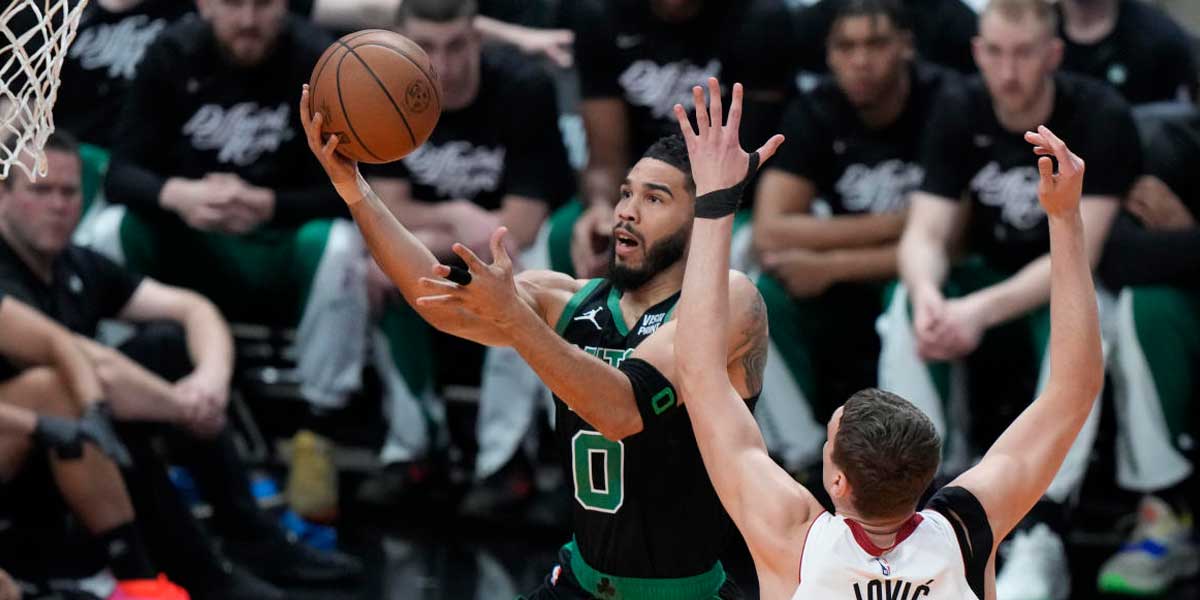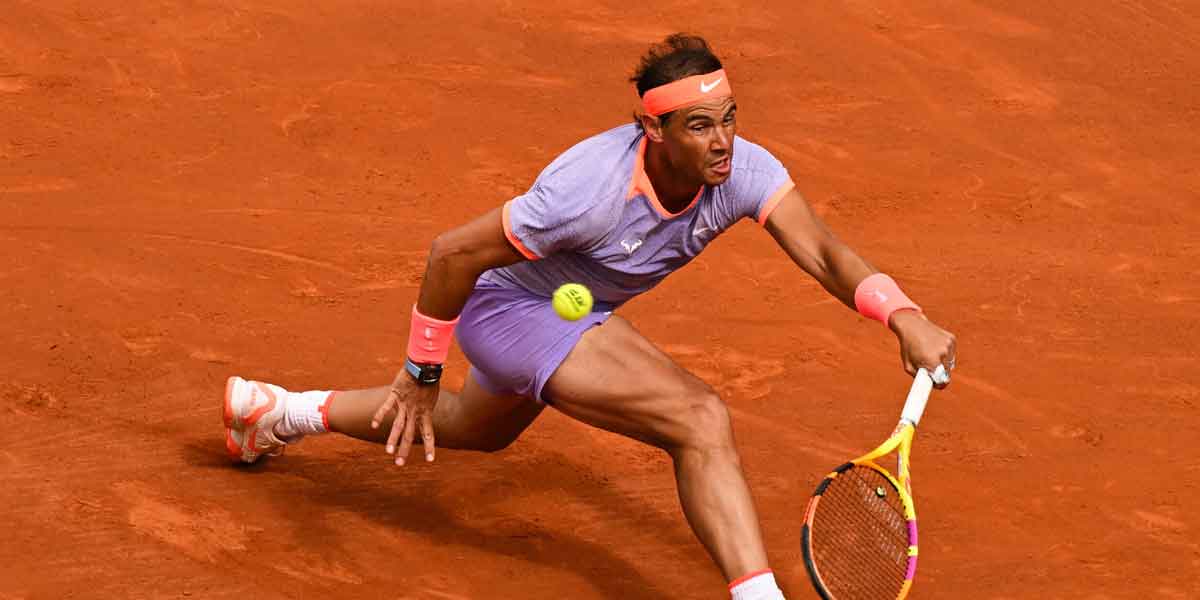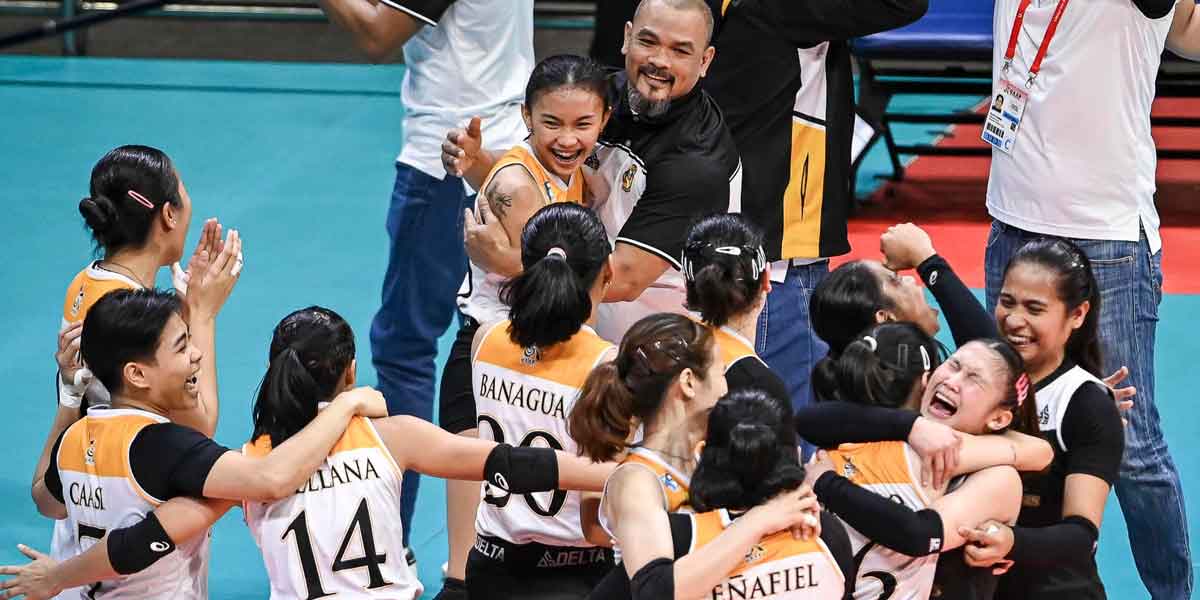![]() By: Reyshimar Arguelles
By: Reyshimar Arguelles
I am not into sports, which is to say I do not take it seriously like any casual fan would. But I still think that sports has an important role to play in transforming societies and cultures. The arena may very well function as a place where, along with warm bodies, ideas are tested as well.
For instance, during the 1936 Berlin Olympics, Jesse Owens bested other competitors in sprinting. The young African-American’s feat was significant, owing to the fact that he competed in a regime that didn’t take too kindly to people of color and would later initiate a systematic murder and cleansing of “inferior” races.
In 1972, the infamous Munich Massacre saw the murder of 11 Israeli athletes at the hands of Palestinian operatives. The event aptly describes the sheer brutality and intensity of the Arab-Israeli conflict.
On a more recent light, the National Football Association has also spotlighted issues that matter among its members. Such was the case when San Francisco 49ers quarterback Colin Kaepernick chose to kneel during the singing of the national anthem before the start of each of his team’s pre-season games in 2016. Supporters of the Trump administration saw it as an unpatriotic act, with conservative pundits calling for the suspension of Kaepernick and other players who had done it to protest the divisive rhetoric of President Trump.
Sports is not simply leisure or a competition that expresses national pride. It also carries with it political and social importance that brings into light the matters that deserve our attention.
Of course, this is not always the case when people treat athletes as mere combatants that perform to the delight of spectators. We regard these athletes in terms of how they exist inside the court. Sports analysis would put more focus on how they mentally and physically prepare themselves for a match.
Then again, fans develop an attachment to their favorite athletes and identify closely with the struggles they have to face. The greatest athletes, after all, are treated almost as though they have godlike abilities. Michael Jordan, Pelé, Kobe Bryant, and Babe Ruth have built their legacies to become the greatest in their field. The amount of merchandise they sold is simply not enough to measure the amount of respect they commanded.
At the same time, these superstars possess human traits that allow them to view the larger society they live in outside the lens of sports. It is difficult to detach your career from the political and social developments that have their own implications in the sporting world.
Pelé, for instance, was pilloried for admonishing protesters demanding better opportunities at a time when Brazil hosted and extravagantly prepared for the 2014 World Cup. Kobe Bryant, meanwhile, urged his fellow Lakers to wear “I can’t breathe” jerseys to protest against systemic injustice.
What’s true in sports is that it carries over the same dramas and controversies lying outside the playing field. Athletes are not strictly objects of entertainment, but also agents in the ensuing material conflicts that shape history.
It is no surprising then for athletes like Gretchen Malalad, Hidilyn Diaz, and chess wizard Wesley So to reproach the Philippine government for failing to provide adequate support for local sports. What they have pointed out is the decrepit system of corruption and the tendency for the Philippines to put more emphasis on those sports we are supposed to be good at while overlooking those that we have the potential for.
Filipino pride has its limits and it strictly shows in how we fail to take our athletes seriously. If Senator Alan Peter Cayetano regards the P55-million cauldron commissioned for the 2019 Southeast Asian Games as a monument showing the resilience and determination of Filipino athletes, then why wouldn’t this administration recognize the more immediate needs of our sports delegations?
One can only bet for the government to “commend,” “praise,” and “honor” those athletes that performed excellently and take credit for such achievements.
It’s situations like this when you could not help but cry foul.




















